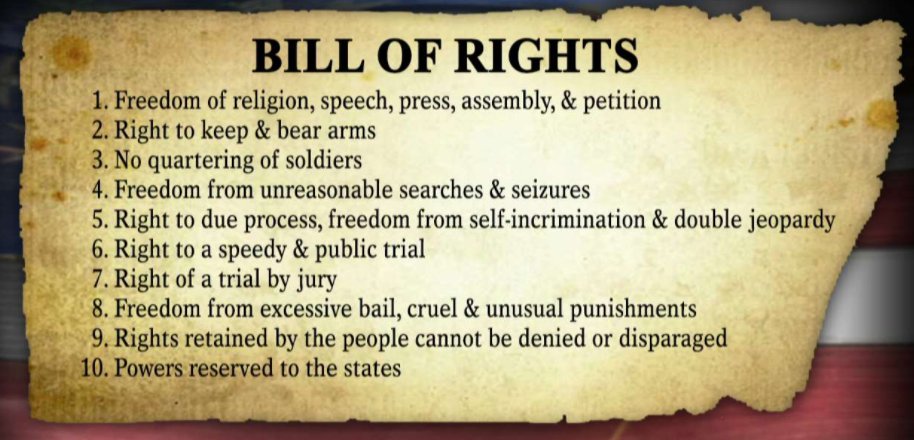Physical Address
304 North Cardinal St.
Dorchester Center, MA 02124
Physical Address
304 North Cardinal St.
Dorchester Center, MA 02124

Contents [hide]
The first ten amendments to the United States Constitution are collectively known as the Bill of Rights. These amendments were added to the Constitution to protect individual liberties and limit the powers of the federal government. Each of these amendments addresses specific rights and freedoms that are essential to American citizens. Let’s delve into each of these amendments to understand their significance and impact on American society.
The First Amendment guarantees several fundamental rights, including freedom of speech, freedom of the press, the right to assemble peacefully, and the right to petition the government for grievances. It also prohibits the government from establishing or favoring any religion. This amendment is crucial in protecting the freedom of expression and ensuring that individuals can voice their opinions without fear of government censorship.
The Second Amendment protects the right of individuals to keep and bear arms. This amendment has been the subject of much debate and controversy, with ongoing discussions about the balance between gun rights and public safety.
The Third Amendment prohibits the government from quartering soldiers in private homes during peacetime without the consent of the homeowner. This amendment was a response to the British practice of forcibly lodging soldiers in private residences before the Revolutionary War.
The Fourth Amendment protects individuals from unreasonable searches and seizures by the government. It requires that search warrants be issued based on probable cause and that they specifically describe the place to be searched and the items to be seized.
The Fifth Amendment provides several protections for individuals accused of crimes, including the right to a grand jury indictment, protection against double jeopardy, the right to remain silent, and the right to due process of law.
The Sixth Amendment guarantees the right to a speedy and public trial by an impartial jury, the right to confront witnesses, and the right to legal representation for individuals accused of crimes.
The Seventh Amendment extends the right to a jury trial in civil cases involving disputes over property or money.
The Eighth Amendment prohibits the imposition of excessive bail or fines and cruel and unusual punishment. This amendment ensures that punishments are proportionate to the crimes committed.
The Ninth Amendment states that the enumeration of certain rights in the Constitution does not deny or disparage other rights retained by the people. It emphasizes that the rights of individuals are not limited to those explicitly mentioned in the Constitution.
The Tenth Amendment reserves powers not delegated to the federal government to the states or the people. It reinforces the principle of federalism and limits the authority of the central government.
The Bill of Rights was added to the Constitution in response to concerns about government overreach and the protection of individual liberties. Influenced by documents such as the Virginia Declaration of Rights and English legal traditions, the Bill of Rights has become a cornerstone of American democracy.
James Madison, a key architect of the Constitution, proposed the amendments to address the lack of explicit protections for individual rights in the original document. The Bill of Rights was ratified in 1791, affirming the importance of safeguarding fundamental freedoms.
Over the years, the Bill of Rights has played a crucial role in shaping American society and upholding the principles of liberty and justice. It continues to serve as a bulwark against government intrusion and a shield for the rights of all citizens.
The first ten amendments to the Constitution, known as the Bill of Rights, are a testament to the enduring values of freedom and democracy in the United States. These amendments enshrine essential rights and protections for individuals and set limits on government power. As we reflect on the significance of the Bill of Rights in 2024, we are reminded of the ongoing importance of upholding these principles and defending the rights of all Americans.